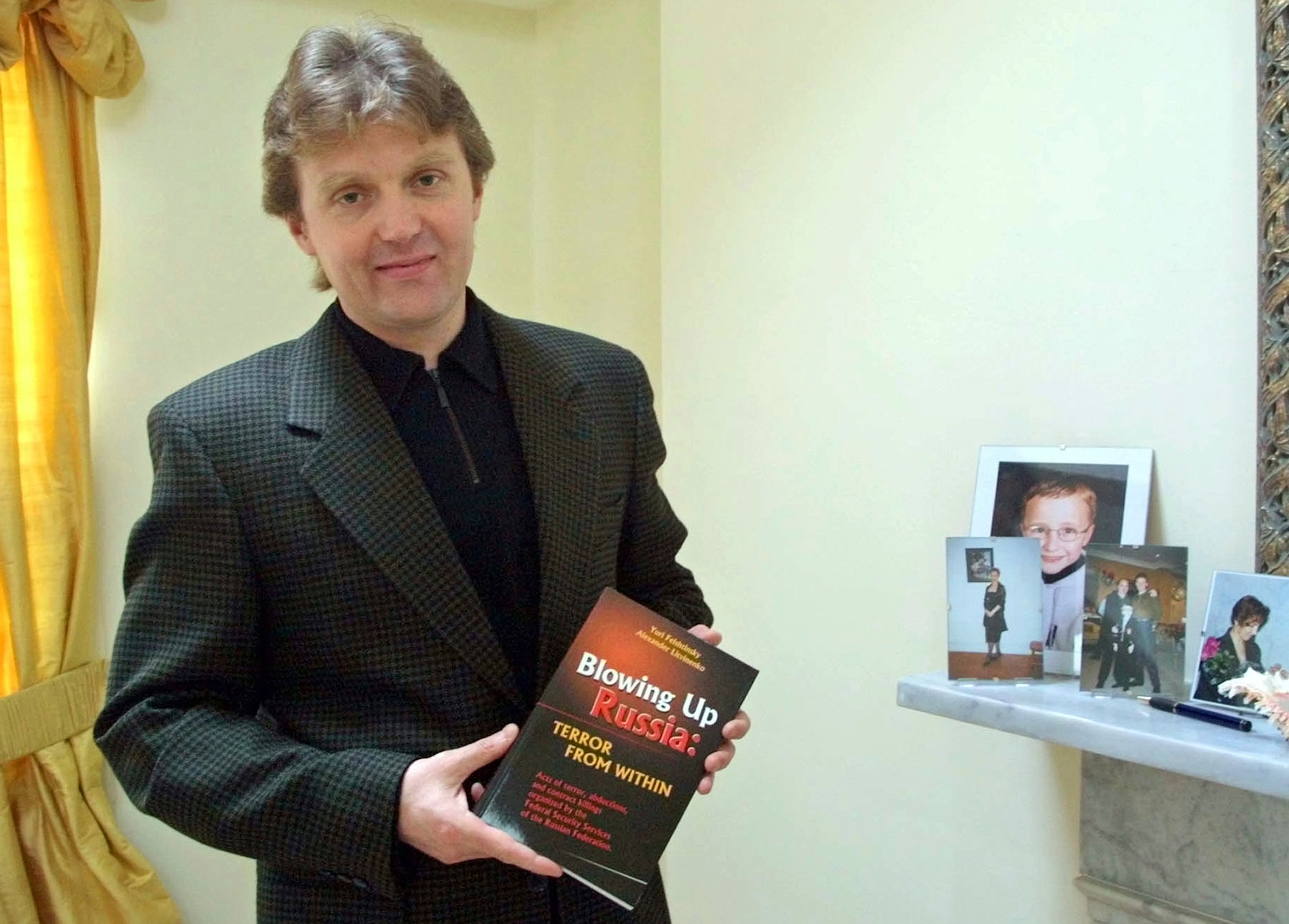European court: Russia responsible for Litvinenko killing
The European Court of Human Rights has backed the conclusion of a British inquiry that Russia was responsible for the killing of Alexander Litvinenko, who died in 2006 after drinking tea laced with a radioactive material

Your support helps us to tell the story
From reproductive rights to climate change to Big Tech, The Independent is on the ground when the story is developing. Whether it's investigating the financials of Elon Musk's pro-Trump PAC or producing our latest documentary, 'The A Word', which shines a light on the American women fighting for reproductive rights, we know how important it is to parse out the facts from the messaging.
At such a critical moment in US history, we need reporters on the ground. Your donation allows us to keep sending journalists to speak to both sides of the story.
The Independent is trusted by Americans across the entire political spectrum. And unlike many other quality news outlets, we choose not to lock Americans out of our reporting and analysis with paywalls. We believe quality journalism should be available to everyone, paid for by those who can afford it.
Your support makes all the difference.The European Court of Human Rights on Tuesday backed the conclusion of a British inquiry that Russia was responsible for the killing of Alexander Litvinenko who died in London in 2006 after drinking tea laced with a radioactive material.
A former agent for the KGB and the post-Soviet successor agency FSB, Litvinenko defected from Russia in 2000 and fled to London. While in Britain, Litvinenko became involved in exposing corruption and links to organized crime in the Russian intelligence service.
He fell violently ill on Nov. 1, 2006, after drinking tea with two Russian men at a London hotel, and spent three weeks in the hospital before he died. His tea was found to have been laced with radioactive polonium-210.
The British inquiry concluded in early 2016 that Russian agents Andrei Lugovoi and Dmitry Kovtun had killed Litvinenko, and that President Vladimir Putin had “probably approved” the operation.
Litvinenko's widow, Marina, took the case to the Strasbourg-based court.
The European court backed the British conclusion in its verdict on Tuesday but rejected Marina Litvinenko's claim for “punitive” damages.
"The Court found in particular that there was a strong prima facie case that, in poisoning Mr. Litvinenko, Mr. Lugovoi and Mr. Kovtun had been acting as agents of the Russian State,” it said.
It also noted that the Russian government had “failed to provide any other satisfactory and convincing explanation of the events or counter the findings of the U.K. inquiry.”
Both Lugovoi and Kovtun deny any involvement in the killing.
Kremlin spokesman Dmitry Peskov told reporters Tuesday that the ruling was unsubstantiated.
“We’re not ready to take such rulings on board,” he said.